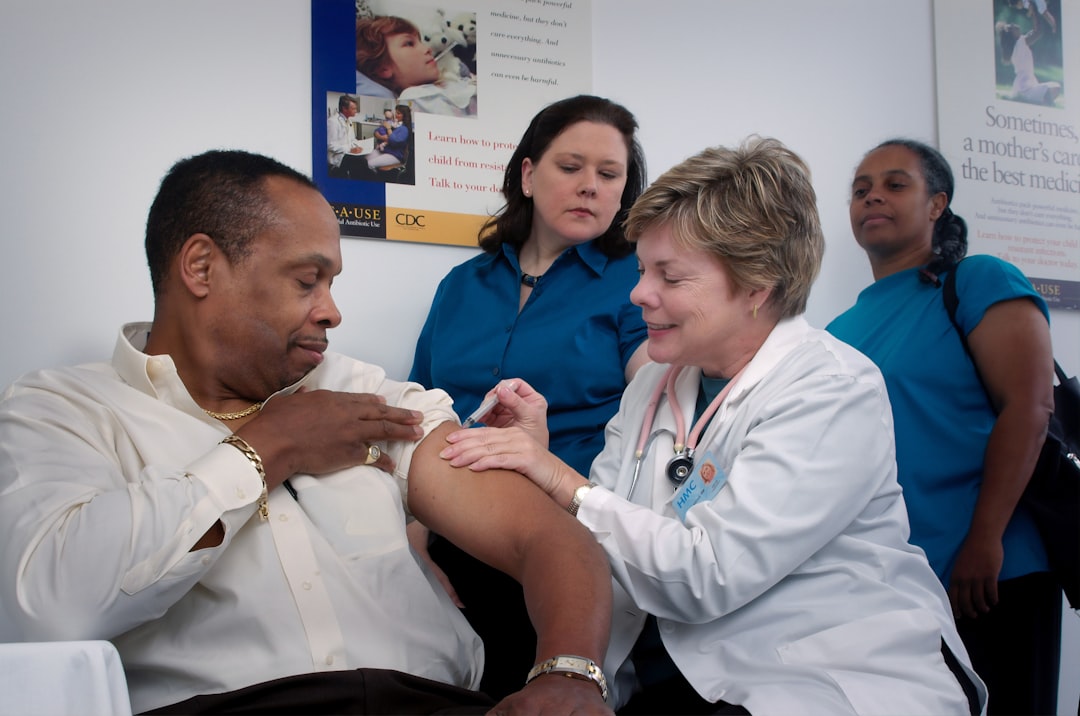What is it about?
Study finds Coventry city exhibits more signs of diversity than other similar cities worldwide. • Diversity in Coventry makes it an ideal model for other developed countries planning diabetes care • Study reveals that one in 10 Coventry residents is from an ethnic minority, but one in three residents with diabetes is an ethnic minority • Study also highlights food and language as the most common barriers to providing diabetes care for ethnic minorities Cities across the developed world should look to Coventry when they plan diabetes services for ethnic minorities.
Featured Image
Why is it important?
For the first time we have pinpointed the number of people from ethnic minority groups who have diabetes and it is disproportionate with the population of the city. Only one in 10 of the city is of an ethnic minority but of the diabetic population it is one in three. Diabetes can be debilitating and even fatal and this study can be used to tackle this problem amongst the city’s ethnic minority population.
Perspectives
Coventry is a medium-sized industrial and ethnically-diverse UK city which has areas of affluence alongside pockets of severe deprivation and health inequalities. Tailoring primary care diabetes services which take into consideration the needs of people from ethnic minority groups, in terms of their culture, religion, language and health literacy is vital. To facilitate this process, health workers may need training in cultural competences.
Dr Peter Zeh
University of Warwick
Read the Original
This page is a summary of: Exploring culturally competent primary care diabetes services: a single‐city survey, Diabetic Medicine, November 2015, Wiley,
DOI: 10.1111/dme.13000.
You can read the full text:
Contributors
The following have contributed to this page










